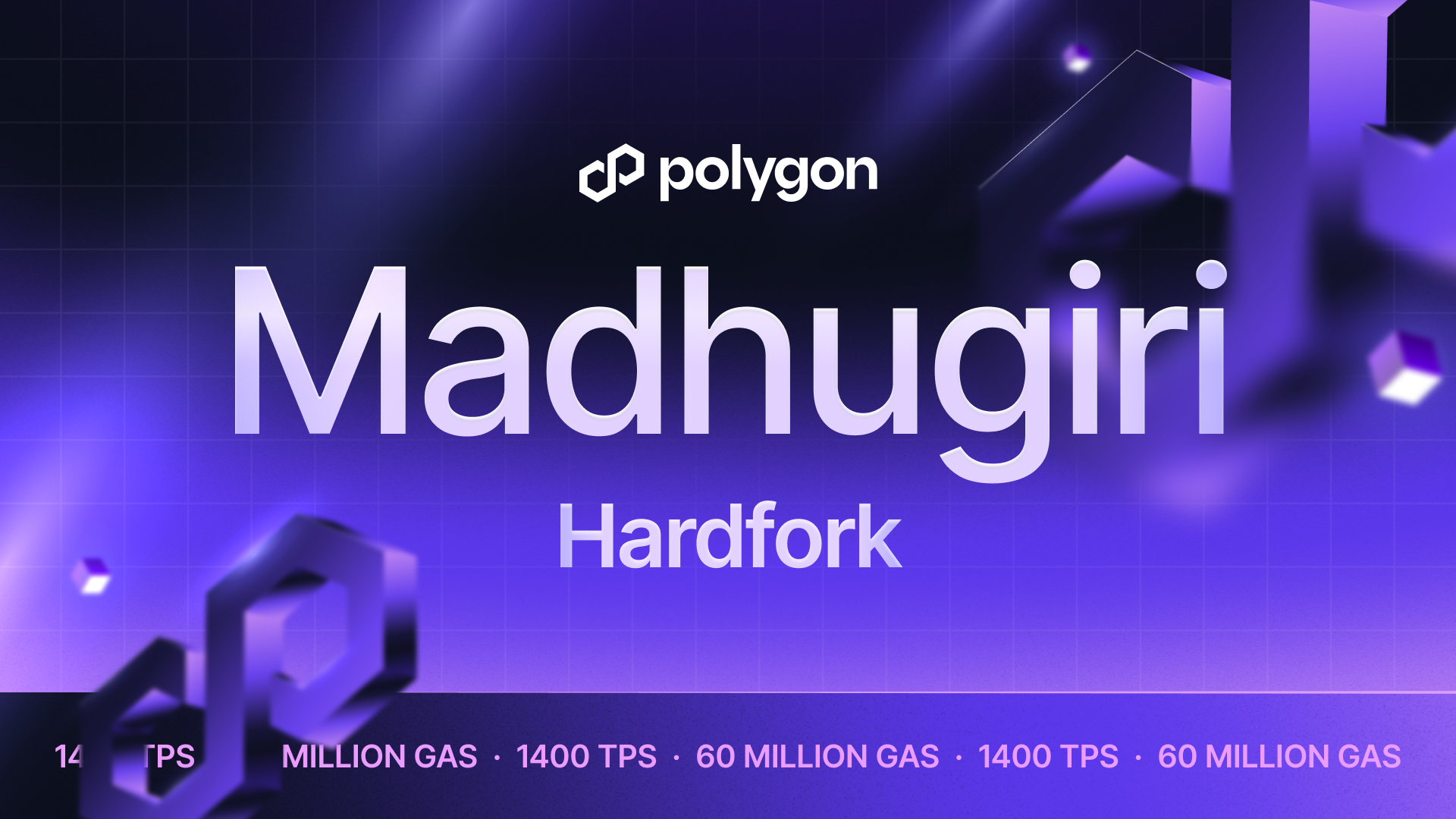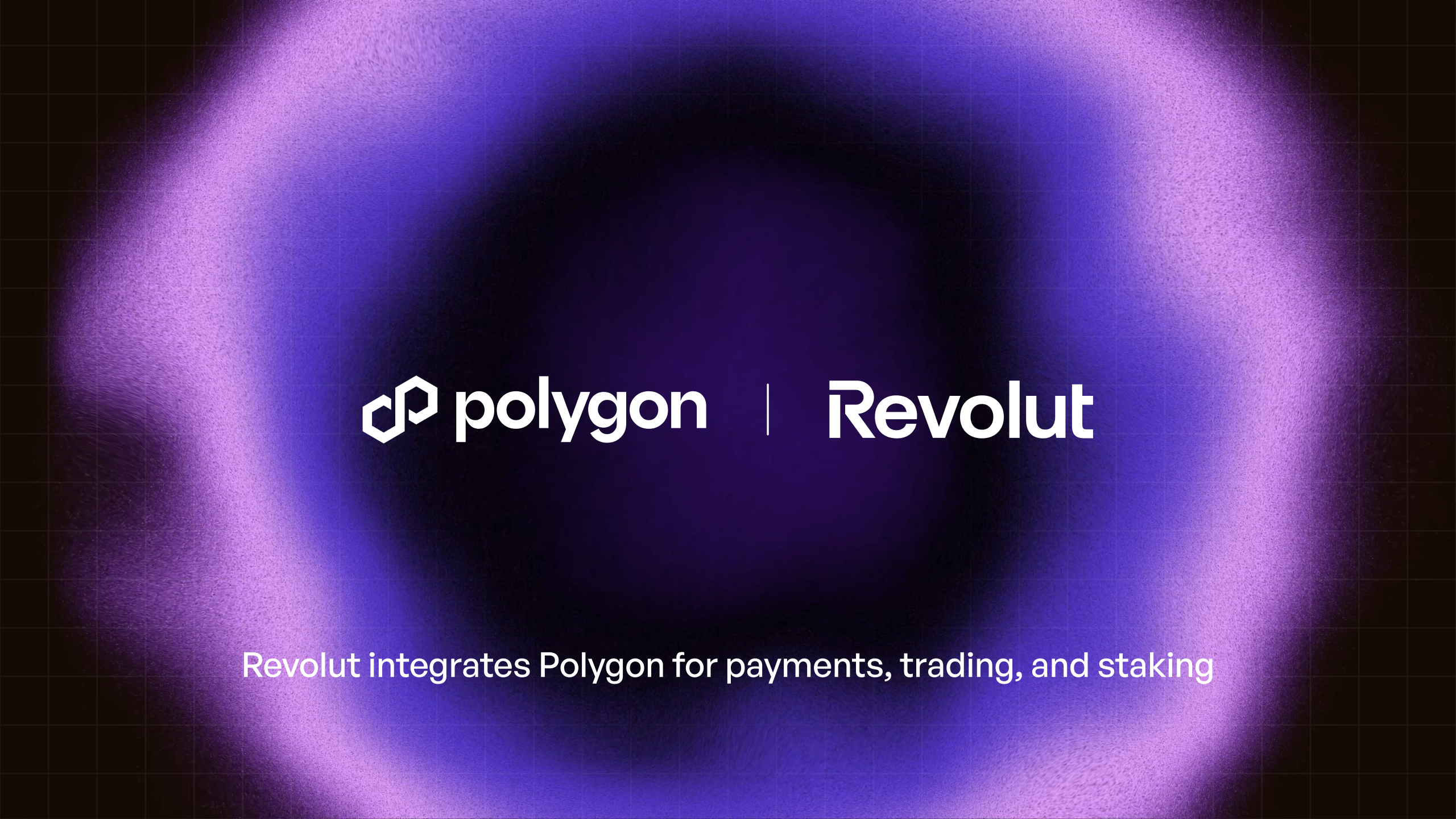Manifold Brings Institutional Liquidity Standards to DeFi on Polygon
Institutional-grade quant firm joins forces with Polygon Labs to bring professional market structure, data-driven liquidity, and institutional-grade execution to DeFi
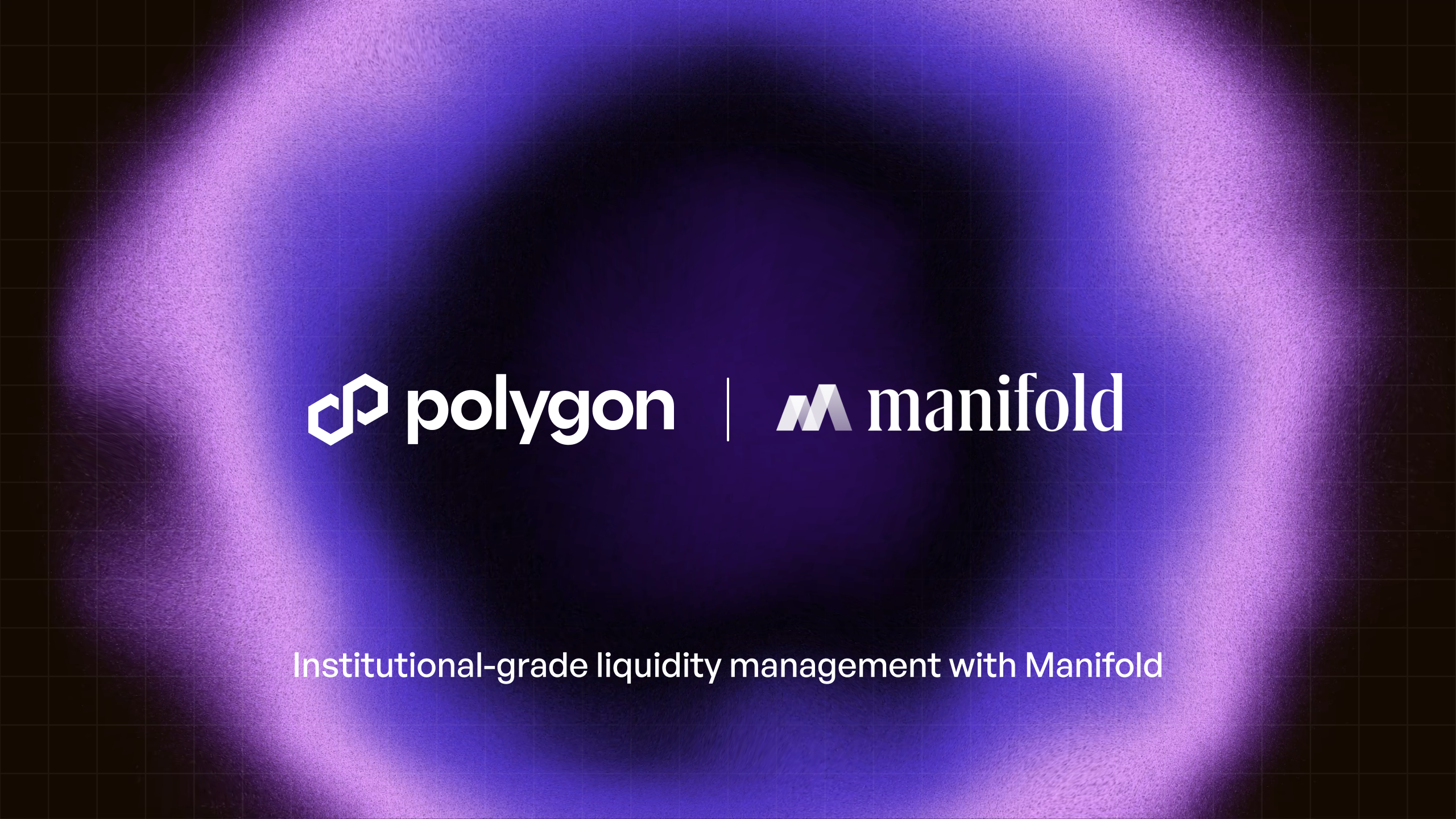
TLDR: Manifold introduces institutional-grade DeFi liquidity infrastructure on Polygon
Manifold is building DeFi infrastructure on Polygon to bring institutional liquidity standards into onchain markets.
The initiative focuses on capital efficiency, predictable execution, and risk-aware liquidity design for professional participants.
Polygon provides the underlying infrastructure through low-cost transactions, fast settlement, and battle-tested reliability.
Recent Polygon upgrades such as the Rio hardfork, Heimdall v2, and Agglayer make institutional-grade DeFi execution viable at scale.
Manifold builds institutional-ready liquidity infrastructure for DeFi
Decentralized finance has unlocked permissionless markets, but traditional DeFi liquidity models have struggled to meet institutional requirements. Fragmented liquidity, volatile execution, and limited risk controls have prevented professional capital from participating at scale.
Manifold addresses these challenges by introducing DeFi infrastructure designed around institutional liquidity standards. The focus is on enabling onchain liquidity that aligns with how asset managers and professional liquidity providers operate in traditional financial markets.
What institutional liquidity standards mean in onchain markets
Capital efficiency and predictable market behavior
Institutional liquidity standards prioritize efficient use of capital and predictable execution. In DeFi, this translates to liquidity mechanisms that reduce unnecessary volatility and enable participants to deploy capital with greater confidence.
Risk-aware and compliance-aligned liquidity design
Institutional participants require liquidity infrastructure that supports structured risk management and governance expectations. Manifold’s design approach incorporates these principles while remaining fully onchain and transparent.
Polygon protocol upgrades enabling institutional-grade DeFi
Polygon’s recent protocol upgrades are foundational to making institutional liquidity standards viable onchain.
Rio hardfork delivers hardened reliability and high throughput
The Rio hardfork introduced hardened network reliability through the elimination of reorg risk, near-instant finality, and the ability to reach 5,000+ transactions per second. These improvements significantly reduce execution uncertainty for liquidity providers operating at scale.
Heimdall v2 enables real-time settlement
Heimdall v2 brought sub–5-second finality, enabling real-time settlement for onchain transactions. Faster finality improves execution confidence and aligns DeFi markets with institutional expectations around settlement speed.
Agglayer unifies cross-chain liquidity
Agglayer introduces an interoperable framework that unifies cross-chain liquidity under a single system. This reduces fragmentation and allows capital to move more efficiently across Polygon-connected chains, improving liquidity deployment for institutional participants.
How Manifold uses Polygon to power institutional DeFi liquidity
Onchain execution with institutional-grade controls
Manifold operates fully onchain while incorporating liquidity design principles familiar to institutional market participants. This approach preserves transparency and programmability while improving execution reliability.
Scalable liquidity infrastructure for professional capital
Polygon’s scalability allows liquidity-intensive applications to function without congestion or fee volatility. This supports Manifold’s goal of enabling institutional participation without compromising performance.
Why Polygon was selected as the foundation for institutional liquidity
Enterprise adoption across payments, RWAs, and programmable money
Polygon is a widely adopted blockchain for real-world financial infrastructure. Enterprises use Polygon as settlement rails for payments, real-world assets, and programmable money, with deep integrations across major financial and crypto-native platforms.
Battle-tested and reliable infrastructure
Founded in 2017, Polygon is battle-tested and operating in production today. It delivers real utility for payments, DeFi, and institutional finance rather than relying on future promises or experimental deployments.
Ultra-low transaction costs enable capital-efficient liquidity
Polygon transaction fees are approximately $0.001 per transaction, making micro-transactions and high-frequency liquidity strategies economically viable. Low fees are essential for institutional liquidity that depends on frequent onchain interactions.
Near-instant settlement for institutional execution
Polygon offers finality in five seconds or less, with near-instant settlement improvements continuing through protocol upgrades. Fast settlement is critical for institutional execution, risk management, and liquidity efficiency.
What this enables for institutional adoption of DeFi
By combining Manifold’s institutional liquidity design with Polygon’s protocol capabilities, DeFi markets become more compatible with professional capital.
This approach supports deeper liquidity, reduced volatility, and more predictable execution. It signals a shift toward DeFi infrastructure built for sustained real-world usage rather than speculative experimentation.
FAQs
1. What is Manifold and what does it provide
Manifold provides DeFi infrastructure designed to bring institutional liquidity standards into onchain markets. It focuses on enabling professional and institutional participants to deploy capital using structured liquidity mechanisms.
2. What are institutional liquidity standards in DeFi
Institutional liquidity standards emphasize capital efficiency, predictable execution, and risk-aware design. Applying these standards to DeFi helps make onchain markets more suitable for professional participants.
3. Why is Polygon suitable for institutional DeFi infrastructure
Polygon offers low transaction fees, fast and predictable settlement, battle-tested reliability, and scalability. These characteristics make it suitable for institutional-grade liquidity and onchain financial applications.
4. How do protocol upgrades like Rio and Heimdall v2 impact DeFi
Protocol upgrades such as the Rio hardfork and Heimdall v2 improve reliability, finality, and throughput. These enhancements reduce execution risk and support real-time settlement, which are critical for institutional participation.
5. What role does Agglayer play in institutional liquidity
Agglayer unifies cross-chain liquidity under an interoperable framework. This allows capital to move efficiently across chains, reducing fragmentation and improving liquidity deployment.
6. Does institutional liquidity change the permissionless nature of DeFi
No. Institutional liquidity infrastructure remains onchain and transparent. It enhances market structure without removing the open and permissionless properties of DeFi



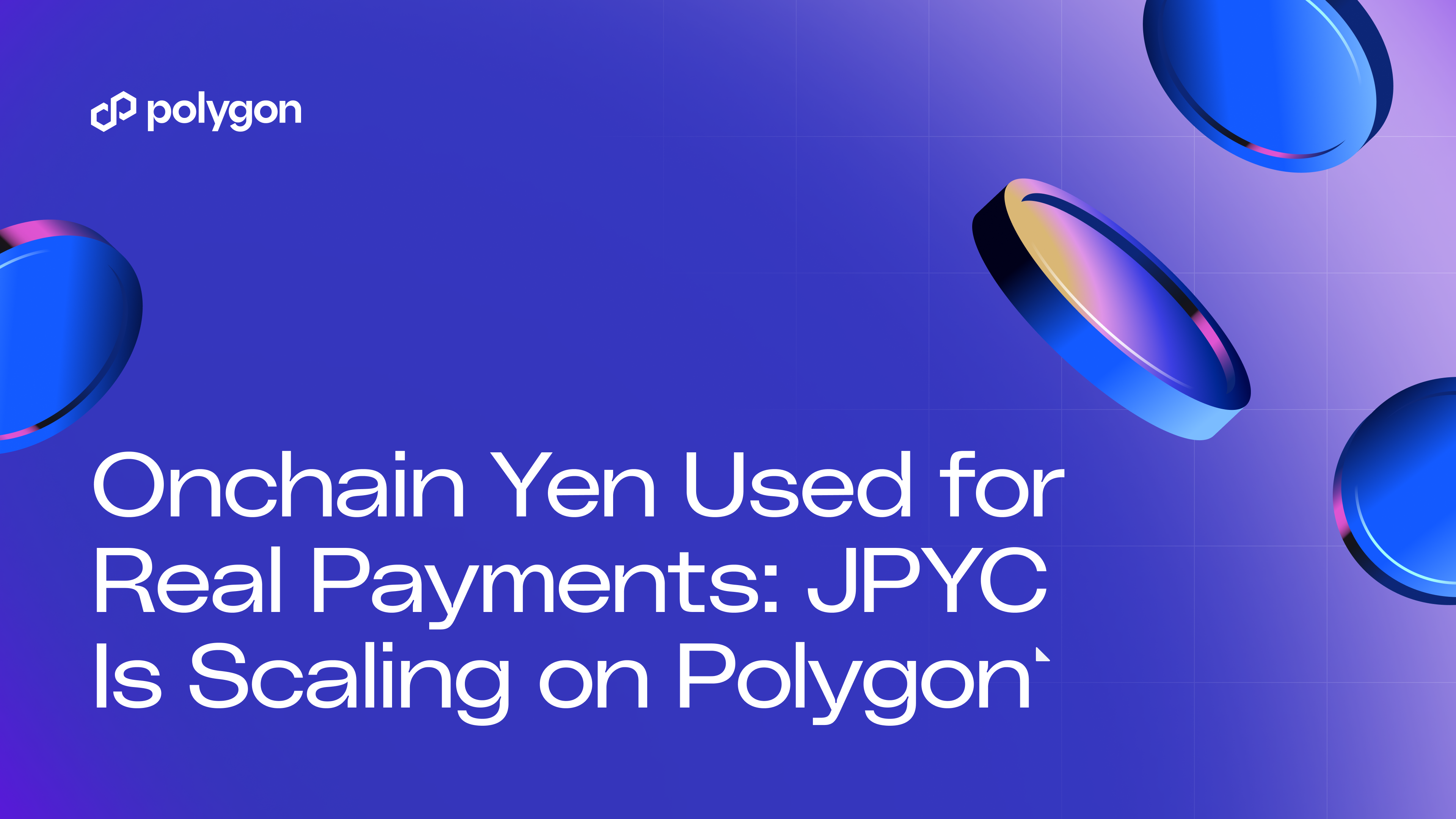
.png)
%20(1).png)
.png)
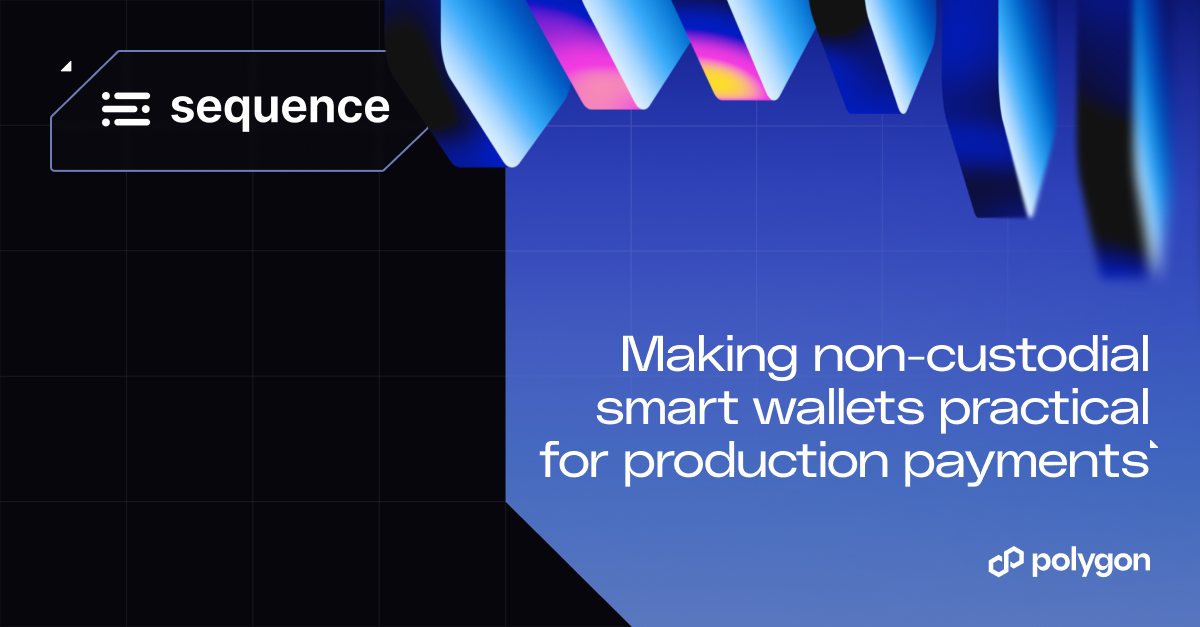


.jpg)
.jpg)
.png)

.png)

